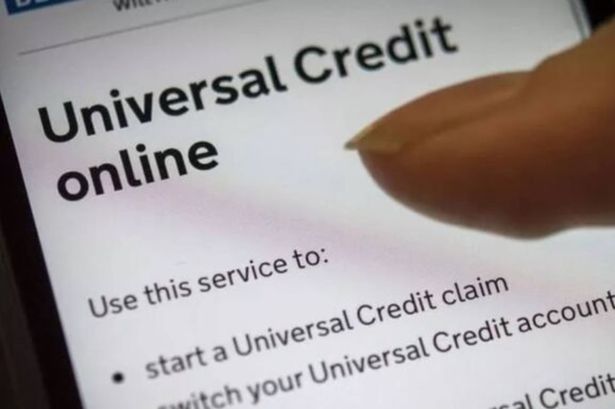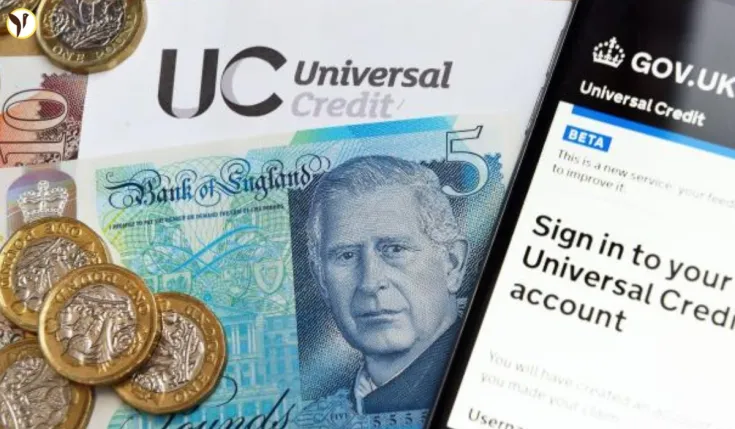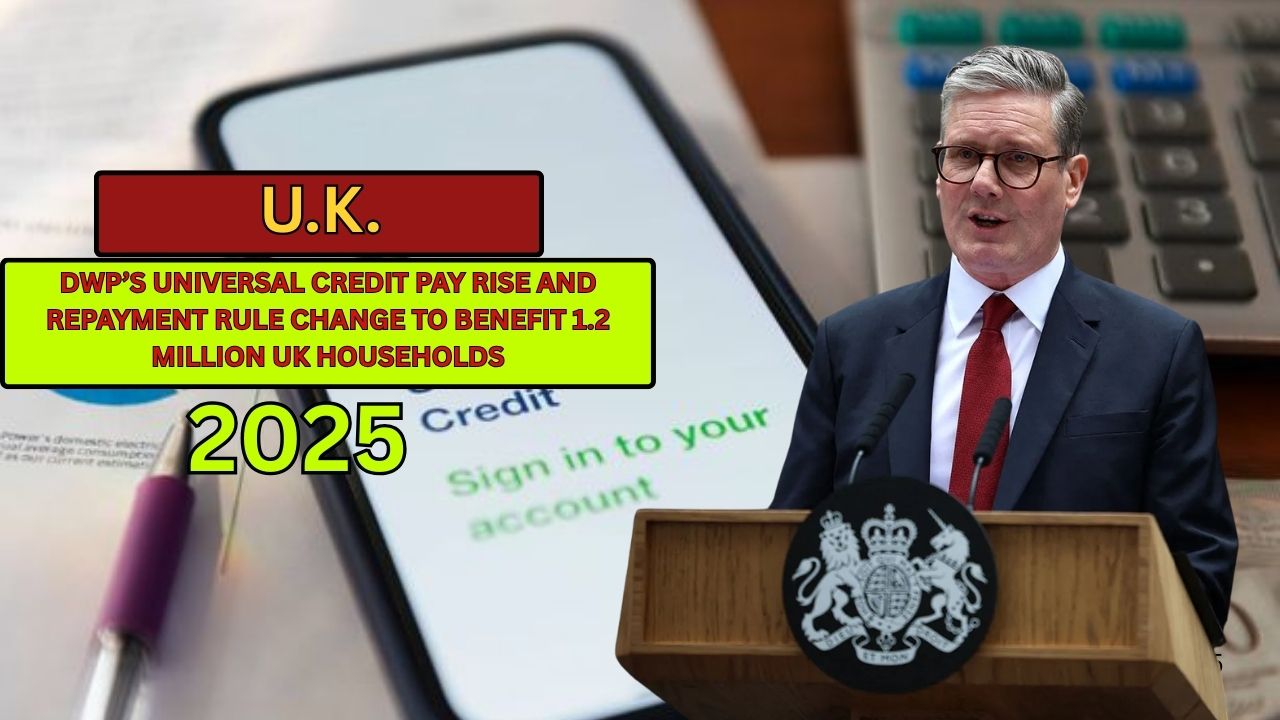Millions of households across the UK are set to receive a welcome financial boost this May, as the Department for Work and Pensions (DWP) implements a long-anticipated pay rise for Universal Credit claimants. With inflation and living costs still posing challenges, this increase—alongside reduced repayment deductions and other benefits—will offer some relief to struggling families.
What’s Changing With Universal Credit in May 2025?
From April 2025, Universal Credit and most other benefits were increased by 1.7%, in line with the Consumer Prices Index (CPI) inflation figure from September 2024. However, since Universal Credit is paid in arrears, the boost will only show up in May payments for many claimants.
The DWP has confirmed that anyone whose assessment period began before April 7, 2025, will see their new payment amount in May. Those with assessment periods starting on or after April 7 will see the rise reflected in June instead.
Example:
- Single adult over 25
- Old standard allowance: £393.45/month
- New standard allowance: £400.14/month
For a full list of updated Universal Credit amounts, visit the official GOV.UK Universal Credit page.

Reduction in Repayment Deductions
Alongside the increase, a major policy shift introduced by the DWP on April 30, 2025, is helping many claimants retain more of their monthly payments. Under the Fair Repayment Rate scheme, the maximum deduction for debts (like advance payments or overpayments) has been reduced from 25% to 15% of the standard allowance.
This is a game-changer for over 1.2 million households, including 700,000 families with children, who are now expected to be £420 better off annually. The change applies automatically—no need to reapply or contact DWP.
Early Payment Dates in May
Due to two bank holidays this month, Universal Credit payments scheduled for those days will arrive early:
- Early May Bank Holiday (Monday, May 5): Payments will be made on Friday, May 2
- Spring Bank Holiday (Monday, May 26): Payments will arrive on Friday, May 23
This applies to Universal Credit, State Pension, Disability Living Allowance, and other DWP benefits. Recipients are advised to budget accordingly, as the next payment will follow the usual cycle.
Access to Budgeting Advance Loans
In addition to the monthly pay rise and deduction cuts, Universal Credit claimants who need help covering unexpected costs—such as replacing appliances or covering travel expenses—can apply for a Budgeting Advance loan.
Key points:
- Up to £812 available depending on household size
- No interest is charged
- Repayments are taken from future Universal Credit payments
To qualify, you must:
- Have been claiming Universal Credit (or similar benefits) for 6 months
- Earn less than £2,600 a year if single or £3,600 if in a couple
- Have less than £1,000 in savings
Applications can be submitted via your Universal Credit online account, through a Jobcentre Plus, or by calling the Universal Credit helpline.

What This Means for You
The Universal Credit pay rise, paired with reduced debt repayments and early May payments, signals the government’s continued effort to help low-income families during a difficult economic period.
These changes mean:
- Increased monthly payments for most claimants
- Greater control over finances due to reduced deductions
- Access to emergency support via Budgeting Advances
- No delays due to bank holidays
With prices of food, fuel, and utilities still high, even small increases can make a real difference to those on tight budgets.
This article has been carefully fact-checked by our editorial team to ensure accuracy and eliminate any misleading information. We are committed to maintaining the highest standards of integrity in our content.

Outside of work, he enjoys playing chess, following cricket, and writing short stories. His commitment to integrity and in-depth analysis strengthens OTE News’ mission of providing trustworthy journalism.




